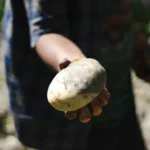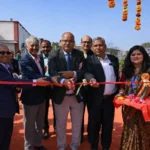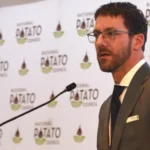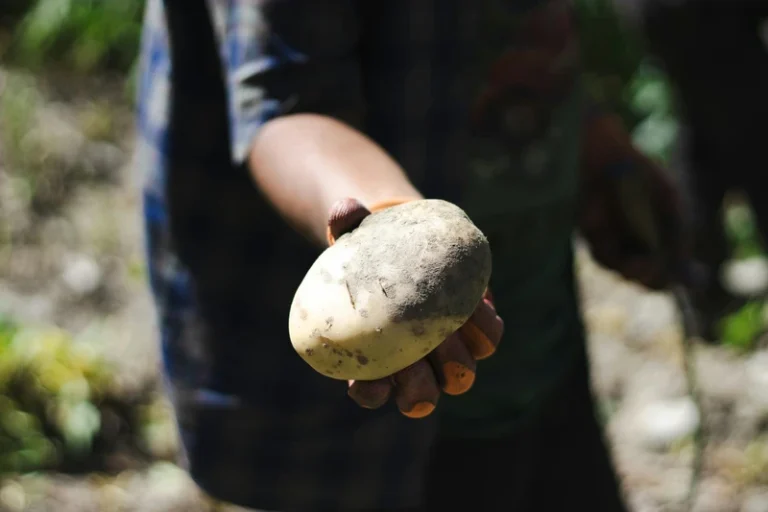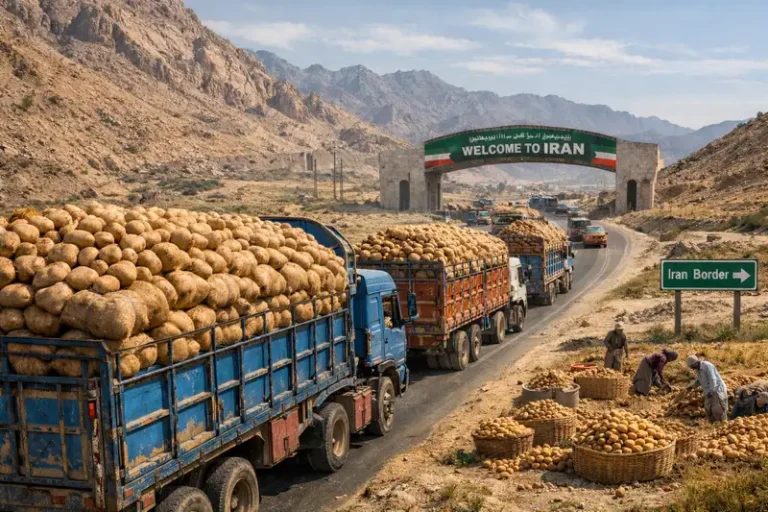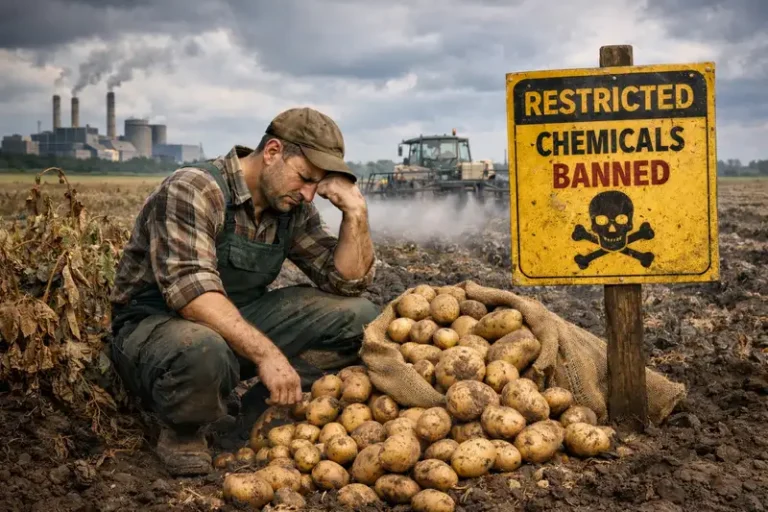CRISPR Potato Tests Move Ahead in Sweden and Denmark
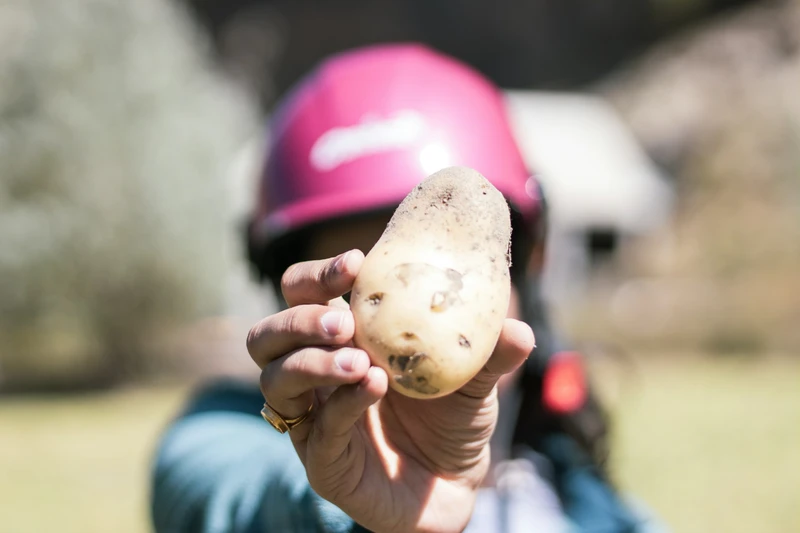
Key Highlights:
- First field tests for CRISPR starch potatoes were done in Sweden and Denmark.
- Seed work is under way to prepare for wider field trials in 2026.
- The project includes 12 partners from Europe’s starch potato chain.
- Early signs show strong late blight tolerance in the new lines.
Project Opportunity has finished its first field tests for CRISPR-based starch potatoes in Sweden and Denmark. The work is focused on late blight, a major disease that affects potato crops each year. The early tests took place during the 2025 season and showed clear progress.
The team behind Project Opportunity includes 12 partners from across Europe. Each group works in a different part of the starch potato chain and they are all working together to move new breeding methods forward in a simple, safe and clear way.
The first step was to create seedlings in the greenhouse last year. These seedlings were grown to form small seed-tubers. From these, the group planted what they call mini-tubers in open fields in 2025. This first round of tests gave them a chance to see how the plants behave outside the greenhouse and how they stand up against late blight.
Also read: Japan’s Potato Chips Market Set to Reach $7B by 2035
Hans Berggren, secretary of the project, said the group worked closely to carry out the improvement using new breeding tools. He noted that the team moved from early seedlings to field growth in a short time.
He said he feels good about the progress and hopes that by 2026, people will be able to see the results for themselves in full field trials. He also said the work shows how fast these tools can help potatoes deal with changing weather and disease pressure.
Along with the field work, seed multiplication is also taking place. This simply means making more seed so the team can plant larger areas next year. The wider trials planned for 2026 will help check which line offers the strongest and most stable late blight resistance.
Sjefke Allefs, a potato breeder at Agrico, explained that it will still take a few more years to confirm the results. He said the group needs time to find the single line that gives the best late blight tolerance. Once that line is confirmed, it can support starch potato farming in a more steady way.
Agrico supplied the potato type called Kuras for the project. It is a well-known starch variety in Europe. Under Project Opportunity, this variety has now been improved with the new breeding tools and is performing well so far.
The next step will be the larger tests set for 2026. The results from those trials will show how well the new potato lines hold up in real farm settings and how they may help growers in the years ahead.
Source: Seed World
Image: by Akshat Jhingran on Unsplash
Recent Articles
Follow us to receive updates🔔

